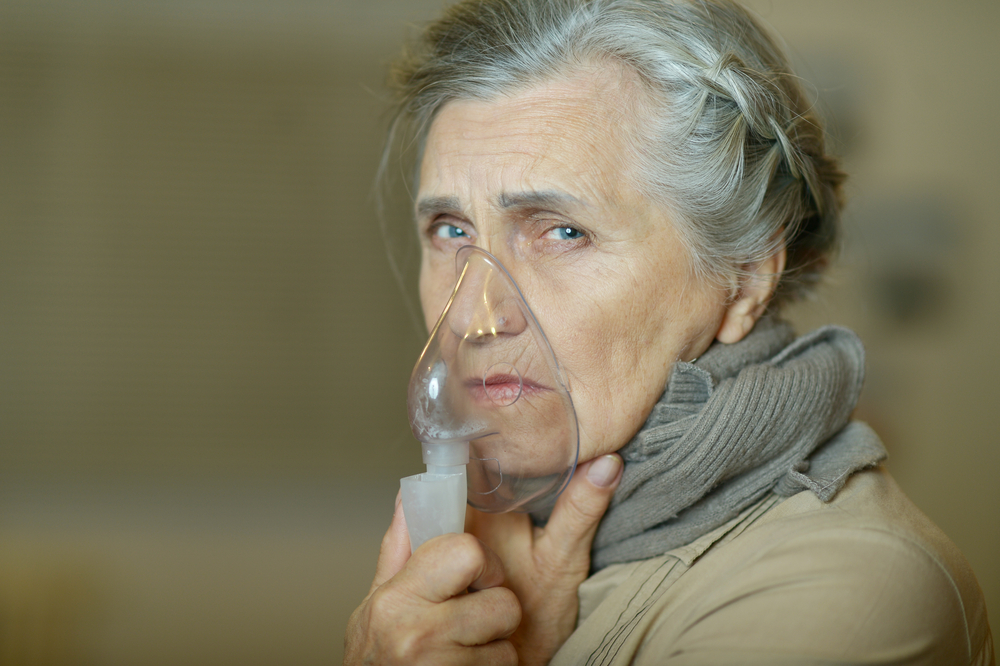Gastric cancer is the third most frequent cause of cancer-related death in the world, mostly affecting elderly people. Treating this disease is still difficult, since most patients are diagnosed with advanced cancer stages. Typically, gastric cancer patients undergo curative surgery to remove tumors and affected tissues. Nonetheless, most patients often die after the intervention due to recurrent disease and postoperative complications.
Chronic obstructive pulmonary disease (COPD) — persistent low airflow of the lungs — is an important cause of postoperative morbidity and mortality in gastric cancer patients due to wound healing difficulties associated with tissue hypoxia. Moreover, wound pain and abdominal inflammation suppresses respiratory movements, further aggravating patients’ pulmonary function. Evidence suggests that preoperative treatment with bronchodilators, antibiotics, chest physiotherapy may decrease the incidence of postoperative COPD. However, it is not known whether bronchodilators prevent postoperative morbidities.
Recently, researchers from Japan investigated if preoperative therapy for gastric cancer patients with tiotropium, a long-acting inhaled anticholinergic bronchodilator used in COPD treatment, improves their postoperative pulmonary outcomes. Their results were presented in a paper entitled “A randomized multicenter Phase II study of perioperative tiotropium intervention in gastric cancer patients with chronic obstructive pulmonary disease,” published in the International Journal of Chronic Obstructive Pulmonary Disease.
The study included a total of 84 gastric patients with mild-to-moderate COPD, with half of them being randomly selected to receive preoperative tiotropium treatment for more than 1 week and postoperative treatment for more than 2 weeks. The team then compared postoperative complications, force expiratory volume and forced vital capacity between the tiotropium and control groups. Surprisingly, authors found that there were no significant differences in the postoperative pulmonary function between the two groups, showing that there are no clear benefits in the preoperative therapy of gastric cancer patients with tiotropium. Patients with mild COPD showed the same postoperative spirometry — the amount and speed of air inhaled and exhaled — as those of non-COPD gastric cancer patients. This finding suggests that preoperative tiotropium therapy can result in some pulmonary rehabilitation. Moreover, a subgroup analysis of smoker patients with moderate COPD revealed a significant decrease incidence of postoperative pulmonary complications in patients that underwent preoperative treatment tiotropium intervention.
This results imply that preoperative tiotropium treatment may benefit gastric cancer patients with moderate-to-severe COPD. Nonetheless further studies are needed to fully appreciate the efficacy of this therapeutic approach in postoperative pulmonary complications outcomes.

